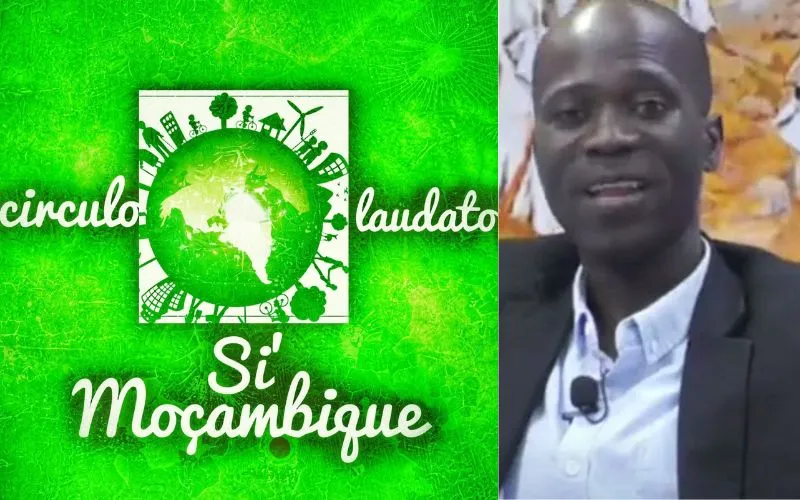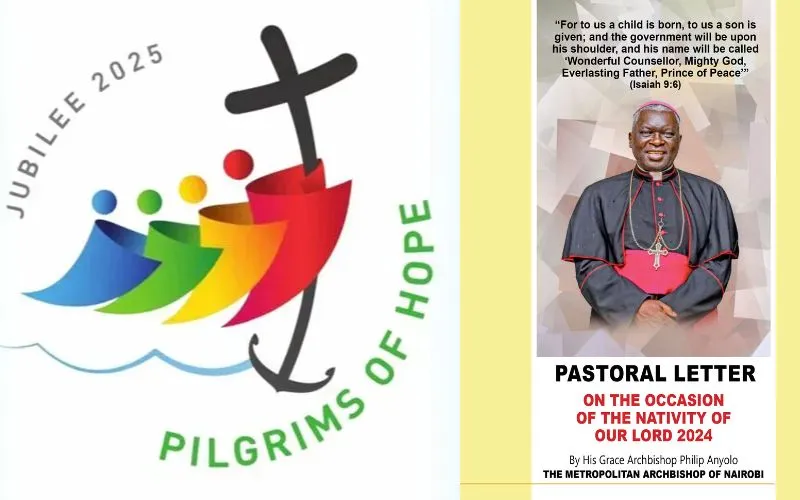He said the situation had reached a “critical point” in Mozambique, where he noted once-abundant water sources have now dried up, forcing communities to travel long distances or dig deeper into the earth to find water.
Citora described the situation as “abnormal,” and warned that without significant changes in how water is managed and consumed in the country, the situation will only deteriorate further.
“The current illness affecting our environment is caused by us humans, and it is also our responsibility to heal and care for it,” the Laudato Si' Movement official said.
He cautioned that continued neglect of the environment could exacerbate the water scarcity issue, which he described as a “fundamental human right essential for life.”
To combat this growing crisis, the Laudato Si Movement in Mozambique plans to launch educational and awareness campaigns within local communities, focusing on the importance of using water wisely.
Citora said these initiatives would soon be rolled out, though specific dates were not provided.
“We will go into the communities to discuss how to use water rationally, as it is becoming increasingly scarce,” he said, adding that many people are already feeling the effects of this scarcity but lack understanding of its causes or solutions.
Citora also called for stronger measures to protect the environment, warning that reckless activities such as deforestation, uncontrolled burning, and pollution from mining operations are contributing to the crisis.
He underscored the need for a healthy environment to ensure the availability of water and to prevent the prolonged droughts that have become all too common.
Citora echoed the words of Pope Francis, who has warned that if the current environmental trajectory continues, the world could face a severe water shortage by 2025.








